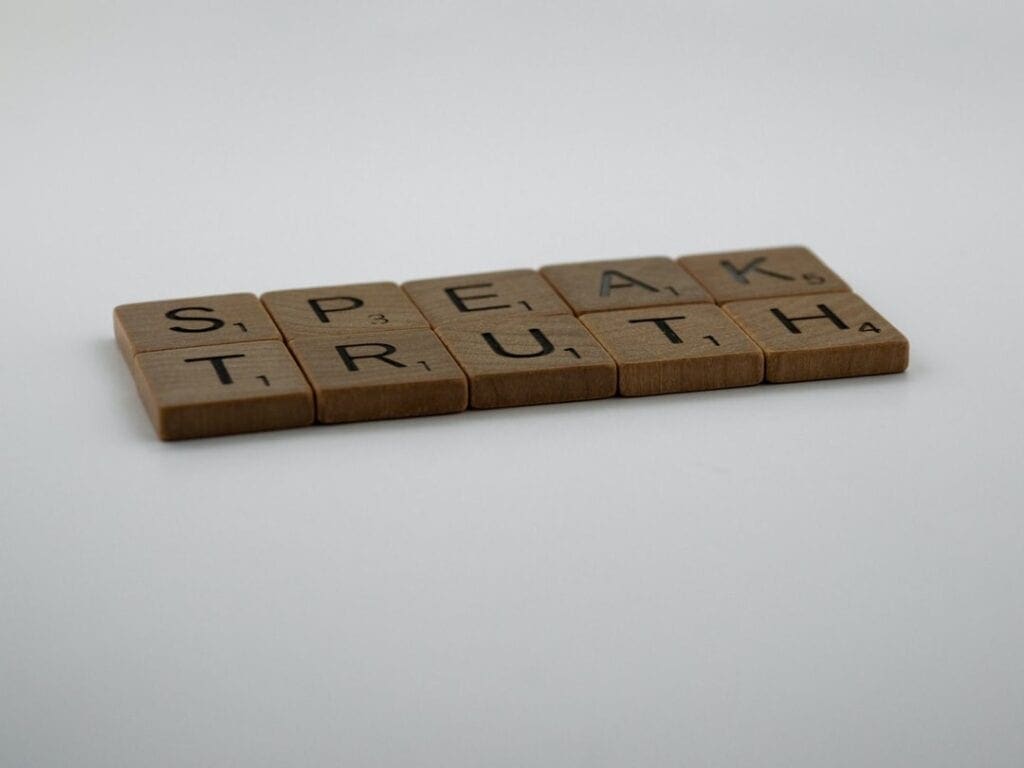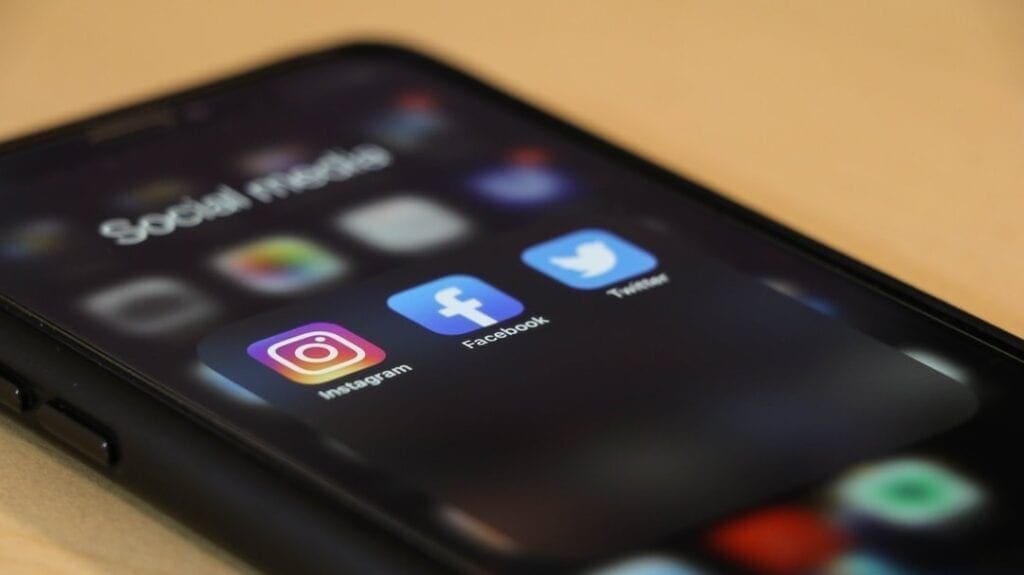
This is a problem. I have seen and heard many people use this as a disclaimer, and usually, it’s followed by something that supports their view. Whether it is in response to the current COVID pandemic, the COVID vaccine rollout, politics, or something else, this practice is deeply concerning to me.
I think back to my childhood, and my parents instilled some lasting lessons.
- Words have consequences.
- If you do not have anything nice to say, don’t say anything at all.
- Don’t spread rumors. If you don’t know if something is true, don’t share it.
Then, my teachers taught me:
- Show your work.
- Use reputable resources/primary literature/peer-reviewed resources.
Now, as we stand in the middle of the age of easy-access digital information – and maybe more accurately the age of misinformation – I see this phrase being tossed in front of a claim as a license to stray from the truth. When I read this, I hear “I don’t care about the truth because it aligns with my views”. And before you say anything about my political views, I’ve seen it on both sides of the political spectrum. I condemn both sides being more concerned with proving their view or disproving their opponent than the truth. Truth in law or science comes from evidence and facts.
Social media has its obvious downfalls, but I also see great benefits, especially in the height of the pandemic. The social processing parts of our brain atrophy in isolation, so having technology to keep us connected, although not a perfect substitute, definitely helps us cope with the distance and the lack of in-person interaction. Why must we argue about politics on social media? When has anyone ever changed their mind on Facebook about something you have posted or commented (or vice-versa)? If you wouldn’t feel comfortable having an eye-to-eye debate on these issues with every person on your friends list, why do you feel it necessary for everyone to know your views or to be a keyboard warrior? All this kind of chatter on social media does is push people into encampments of thought, further entrenched in our ideologies alongside others in the same echo chamber.

For as much as we hate politics, we definitely let it encompass our lives. Why can’t we use social media to be social instead of uncivil? The way that we talk about others directly or indirectly online would be embarrassing to us if it were our children doing the talking. Why do we allow a different set of rules for children than adults?
As a pharmacist with a background in chemistry, I’ve dedicated my life to helping others find truth in medicine. Science has been part of my upbringing since I’ve been wearing Velcro shoes and Madonna was topping the charts. Whether it’s the scientific method we learned in science fairs or the Hippocratic Oath doctors and pharmacists have taken, both have their roots in the pursuit of truth. Without truth, we can’t “first, do no harm”, and there’s significant harm in not seeking and knowing the truth.
“Thall shalt not lie.”
“The truth shall set you free.”
There is a huge misunderstanding of the first amendment. It provides us free speech from our own government – something our founding fathers felt necessary given the circumstances they had just left in England. However, we should look at free speech as a responsibility, not a right. Just because you can say something doesn’t mean that you should – especially if it isn’t the truth.
Science and politics have been at odds as long as I can remember, but it has been increasingly prevalent in recent years. Politics attempts to find “facts” to support a view, while science uses facts to build a view. Views change in science, such as our understanding of our planet being round. As we gain more facts, we allow room for improvement on our views. Politics, in contrast, rarely leaves room for moving the needle on our views.
“Truth never damages a cause that is just.” – Mahatma Gandi
Instead of letting our causes determine our “truth”, we should be letting the actual truth through the scientific method and a dedication to a responsibility we have as information sources on social media to not be so quick to share because it meets our need to support our own view. It is irresponsible for us to share information without doing our own fact checking. If we cannot find a legitimate source for the information, is it information? The difference between news and propaganda falls in the validity of the information. If we cannot find the time to find these legitimate sources, it’s probably not a high enough priority to share with others. This wasn’t a problem when research involved going to a library, but now that we can lay in bed and hit a couple buttons to find information, it’s convenient to look for information to support a view. If you can’t be bothered to research it, why bother me to read it?
If you are following a left- or right-leaning news source, are you checking that source with other sources? If you are only interested in hearing one type of news source, you aren’t interested in hearing the truth. You’re interested in being fed what you want. Are you listening to the experts in the field who are dedicated to that ultimate truth? Propaganda has led to a lot of horrible events in our history. Are we collectively going to be part of the problem or part of the solution? Words have consequences; make yours a positive consequence.
“Finally, brothers and sisters, whatever is true, whatever is honorable, whatever is right, whatever is pure, whatever is lovely, whatever is commendable, if there is any excellence and anything worthy of praise, think about these things.”
The truth is not YOUR truth; it is A truth. Truth is truth.

